After merging commune-level administrative units, the locality has focused on implementing synchronous solutions to prevent smuggling, counterfeit goods, and fake goods, especially in border areas. The commune police force coordinates with Thong Thu Border Guard Station and functional agencies to regularly patrol and control at Thong Thu border gate, openings, and key routes. In addition, propaganda work has been stepped up to each village and each household to raise awareness of law enforcement, not to assist in smuggling, not to consume counterfeit goods, and unsafe food.
The current situation of buying and selling counterfeit goods not only occurs directly but also spreads on cyberspace. Many subjects take advantage of websites and Facebook to trade in poor quality goods, causing damage to consumers, especially in remote areas where people's awareness is limited. Therefore, it is necessary to publicize the identities of violating pages on the media so that people can easily identify and raise their vigilance when buying online.
Authorities inspect and handle businesses selling poor quality goods. Photo: Thu Huyen
In addition, the authorities need to coordinate closely to monitor and inspect e-commerce platforms and social networks, and promptly and strictly handle violations. Proactive prevention and suppression from the root is a key factor in protecting consumer rights, while contributing to maintaining market stability in border areas.
Dirty food is now creeping into every meal of people, especially low-income groups such as students, workers... I see that in workers' dormitories, flea markets around schools, it is easy to come across stalls selling meat, fish, vegetables, tubers without labels, of unknown origin. Processed foods such as fried sausages, roast meat, fried fish... are sold openly on the sidewalk, but completely do not ensure food hygiene and safety. Some items even show signs of spoilage, but are still consumed every day because they are cheap and convenient. What is worrying is that many low-income people are still forced to accept risks, consuming foods that pose high risks to their health.
The widespread availability of food of unknown origin without strict control from authorities is causing consumers to lose direction and worry. Inspection and handling of violations in temporary and flea markets are currently too few and only a formality. Meanwhile, the demand for cheap, fast food is always present, creating conditions for poor quality goods to persist.
Street foods are diverse and eye-catching but not safe. Photo: Quang An
It is time for the authorities to take more drastic measures in inspection and management; at the same time, step up propaganda in schools about the skills to choose clean food. Ensuring food safety is not only about protecting health, but also about responsibility to future generations.
I see many cases of counterfeit goods and food of unknown origin being discovered, but most of them are only administratively sanctioned, fined a few tens of millions and then continue to operate. Meanwhile, consumers suffer when they buy fake drugs, dirty food, even endangering their lives. I think there needs to be strict sanctions, the fine must be deterrent enough, many times the value of the violating shipment, all illegal profits recovered, and even criminal prosecution in serious cases.
In addition, I propose to publicize the list of violating production and business establishments on the media so that people know and avoid them. It is also necessary to increase the responsibility of local authorities and market management at all levels. If the situation of counterfeit goods continues to prevail, management responsibilities must be considered. Only then can the rights and health of consumers be protected.
The current situation of counterfeit and fake goods is happening, causing great damage to consumers, especially people in rural and remote areas. Distinguishing between genuine and fake goods is not easy, while information and instructions are very limited.
It is necessary to equip people with knowledge on how to identify counterfeit goods, because nowadays counterfeiting is not simply about copying packaging but is also sophisticated enough to have anti-counterfeit stamps and QR codes like genuine goods.
Many cheap, unknown, and counterfeit products are openly sold at markets in Nghe An . Photo: QA
Instead of just general warnings, authorities should organize specific propaganda programs through television programs, social networks, or direct instruction sessions at markets, schools, and residential areas. Clearly state which products are being counterfeited, how to distinguish them through what characteristics, and how to check the barcode so that people can easily understand and proactively avoid them. People cannot protect themselves without support from management agencies and legitimate businesses.
Source: https://baonghean.vn/cu-tri-nghe-an-kien-nghi-cong-khai-danh-tinh-cac-truong-hop-vi-pham-ve-hang-gia-hang-kem-chat-luong-10301918.html


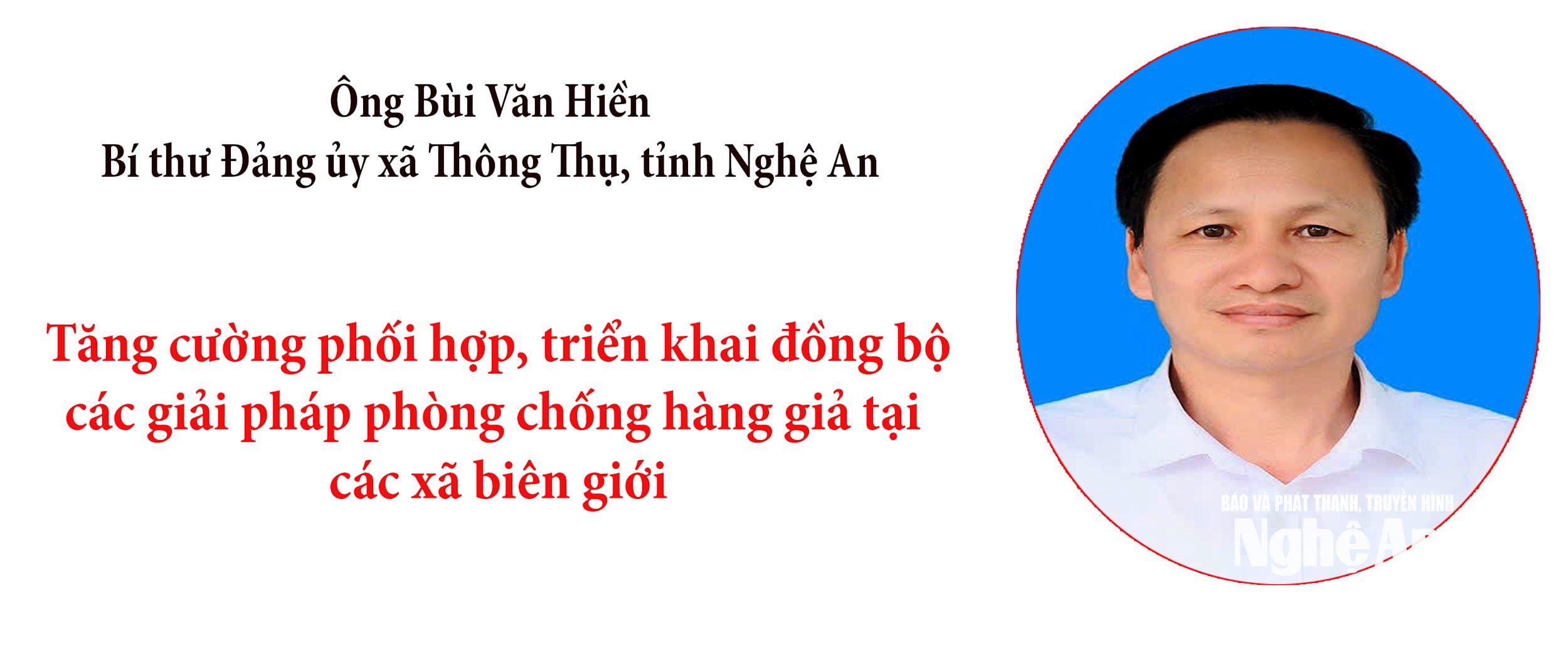
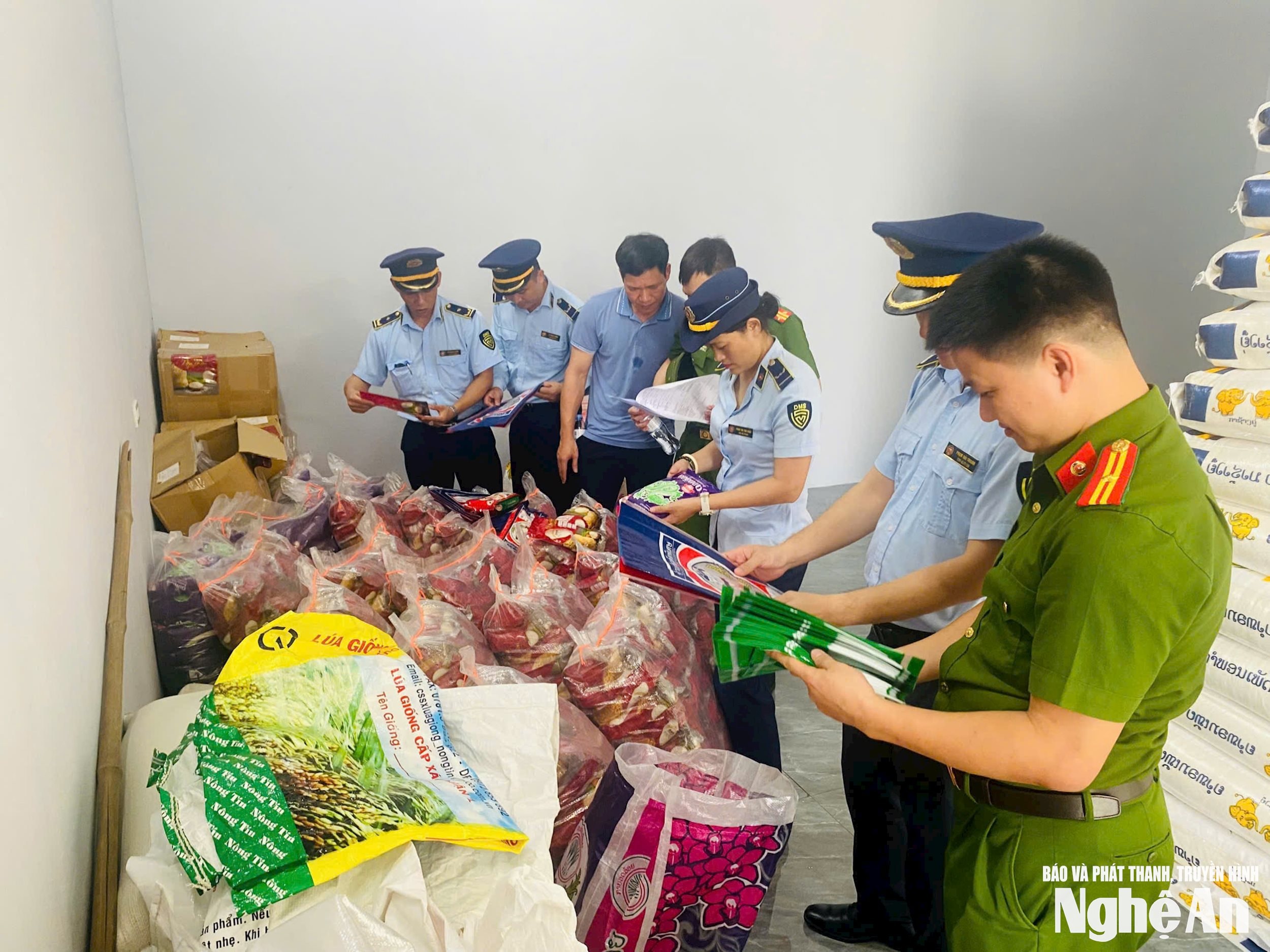
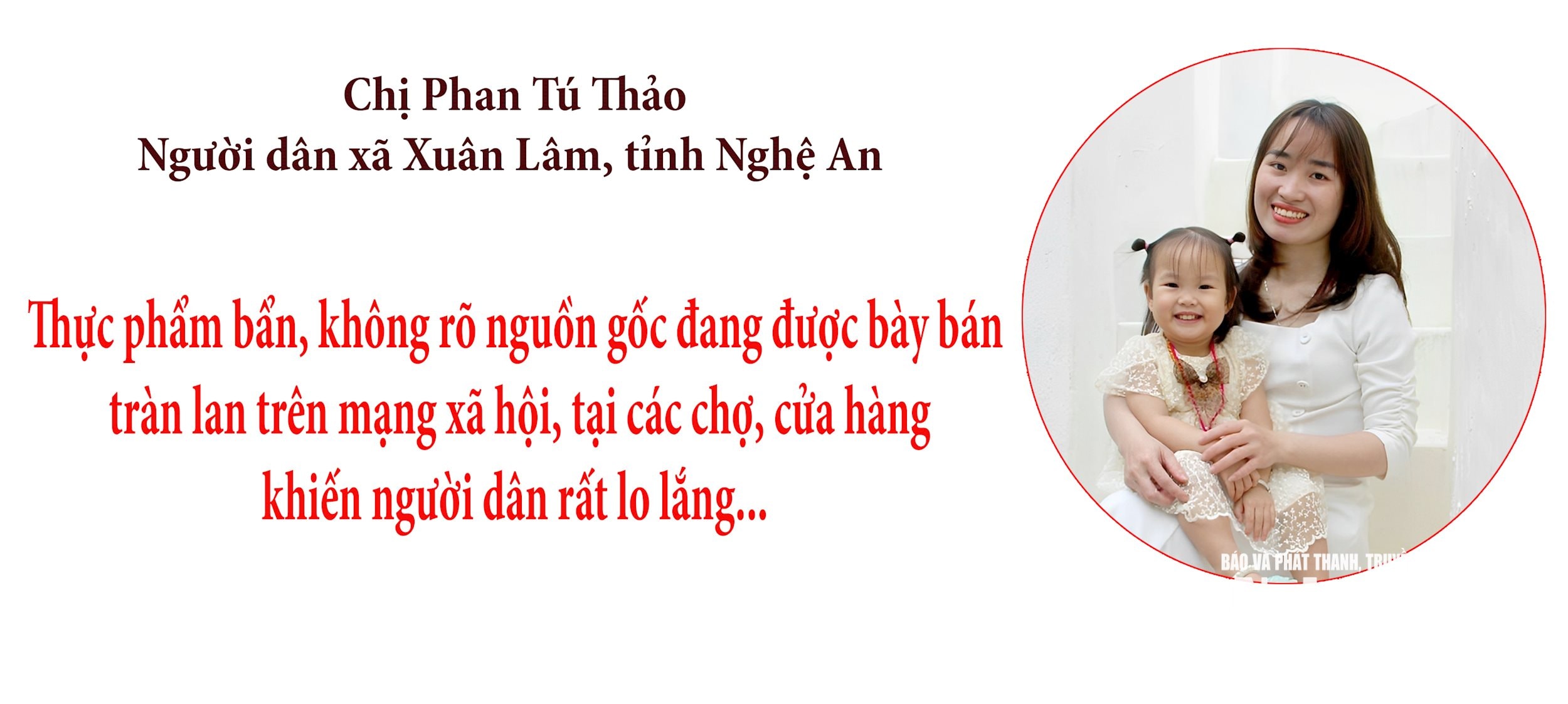
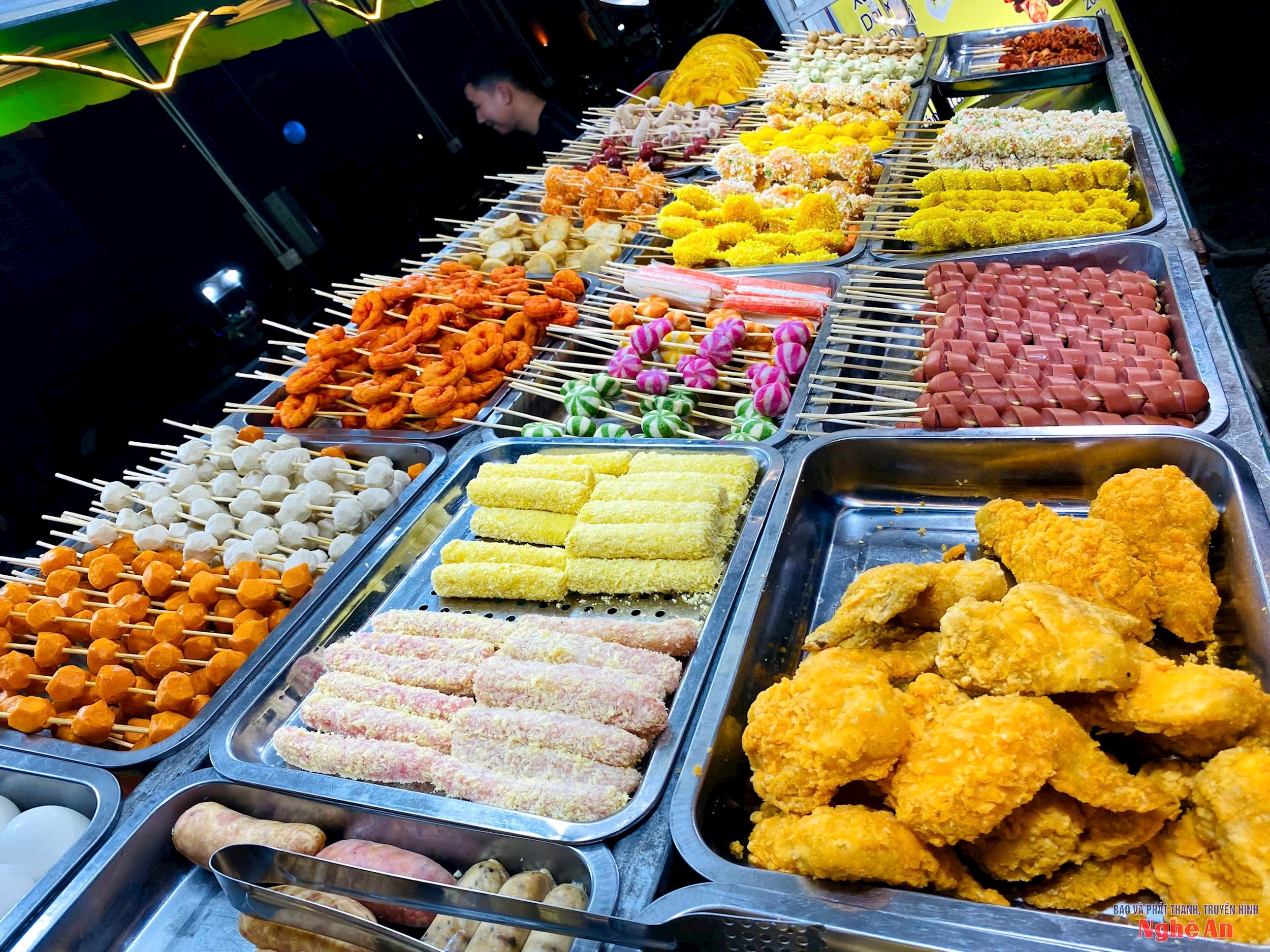
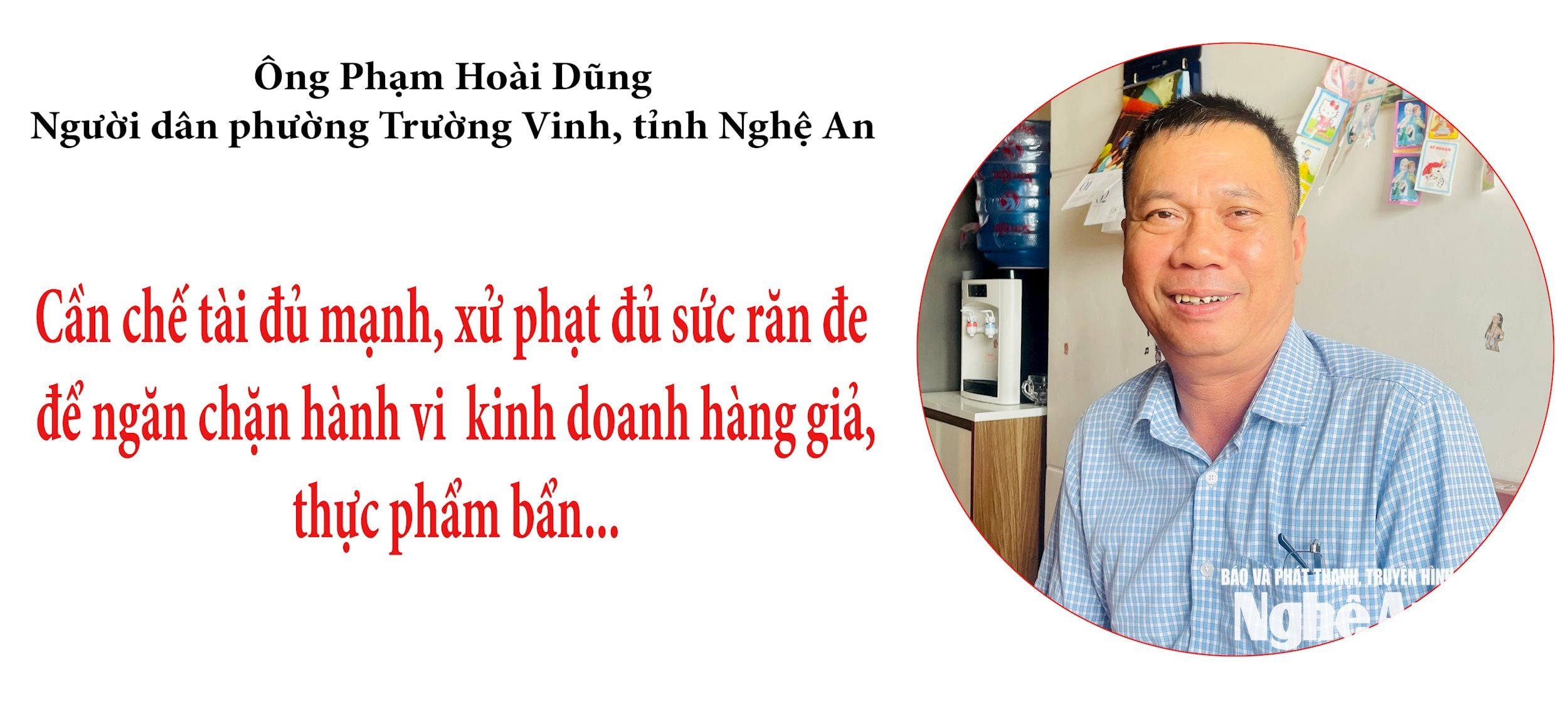
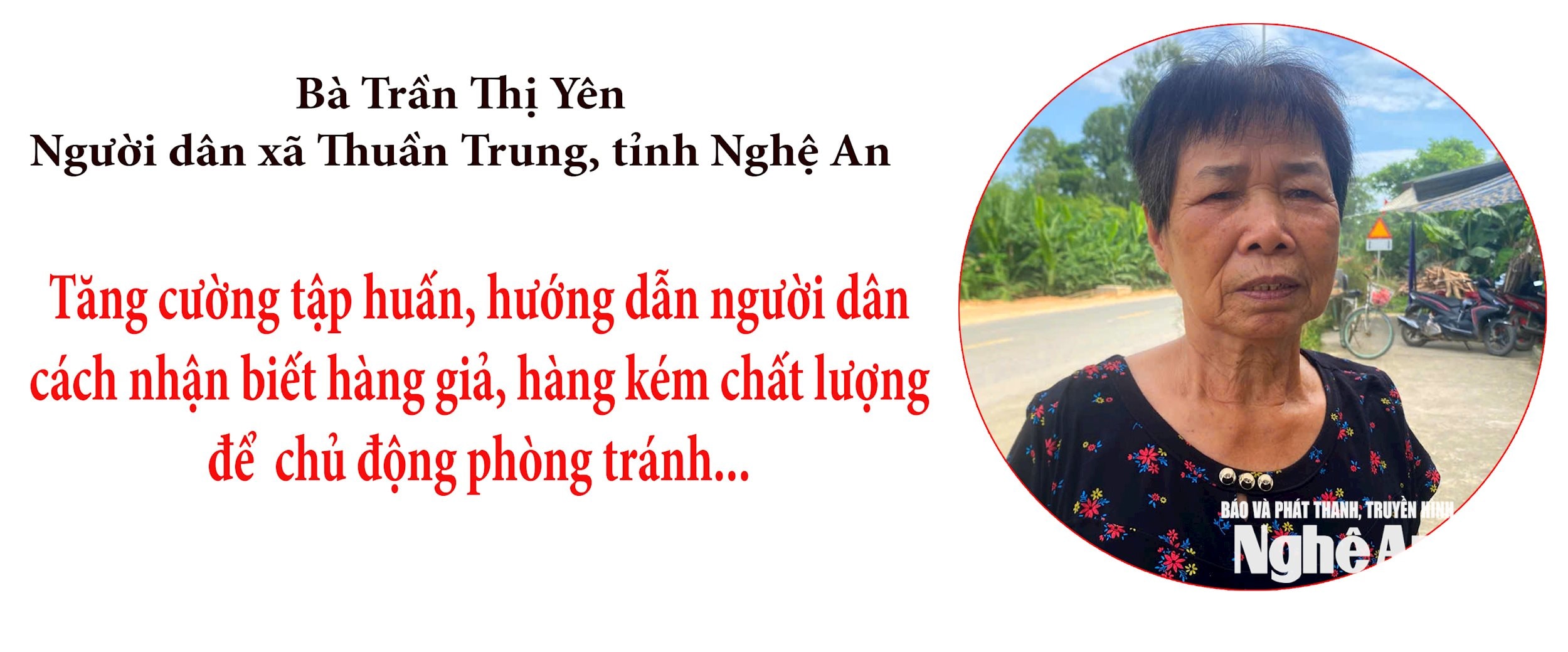
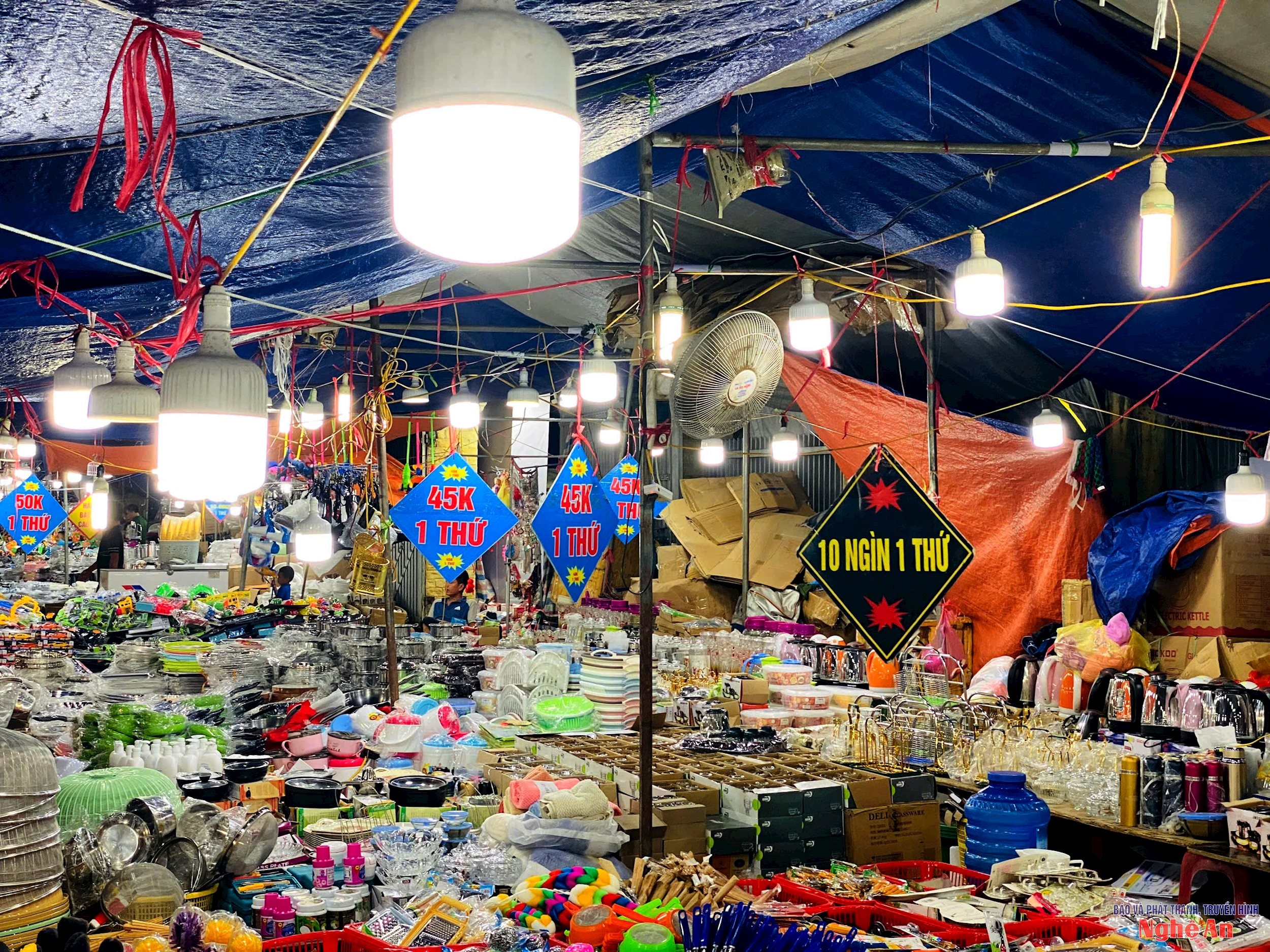
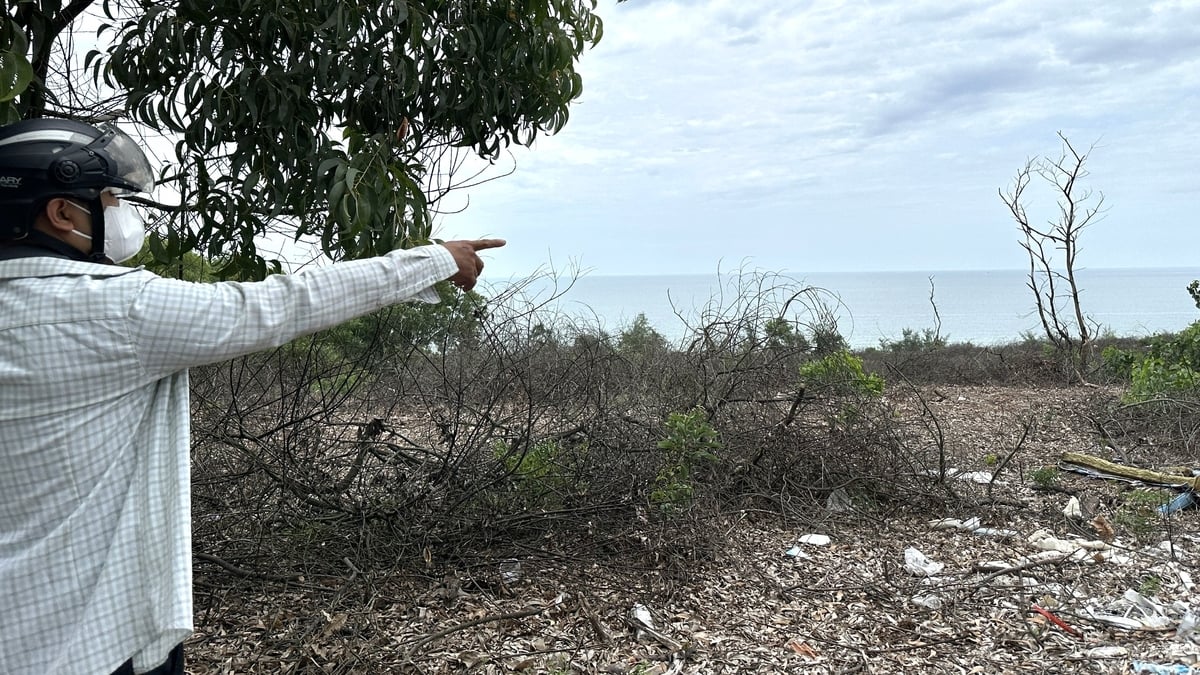
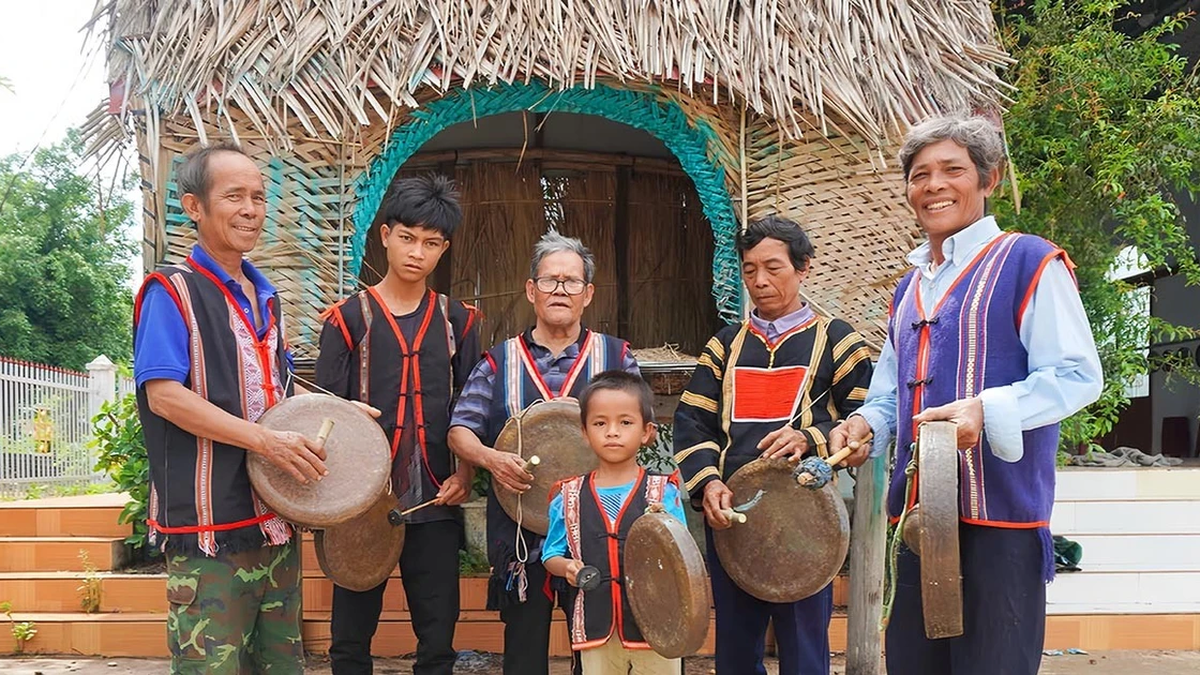
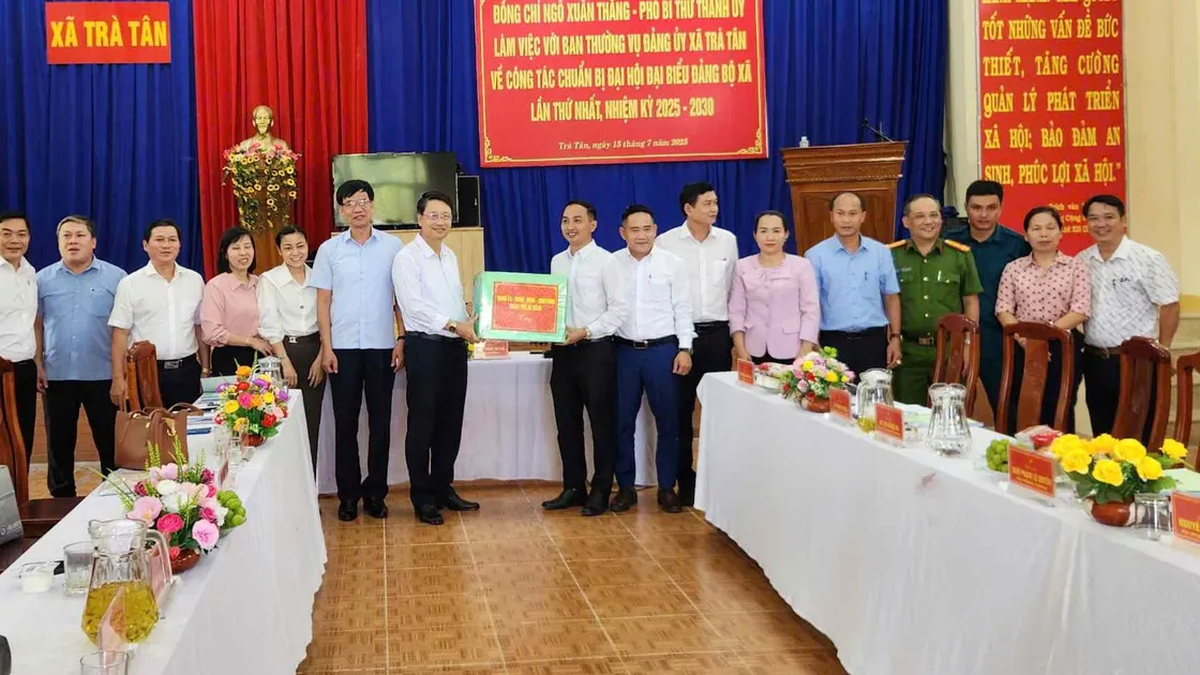
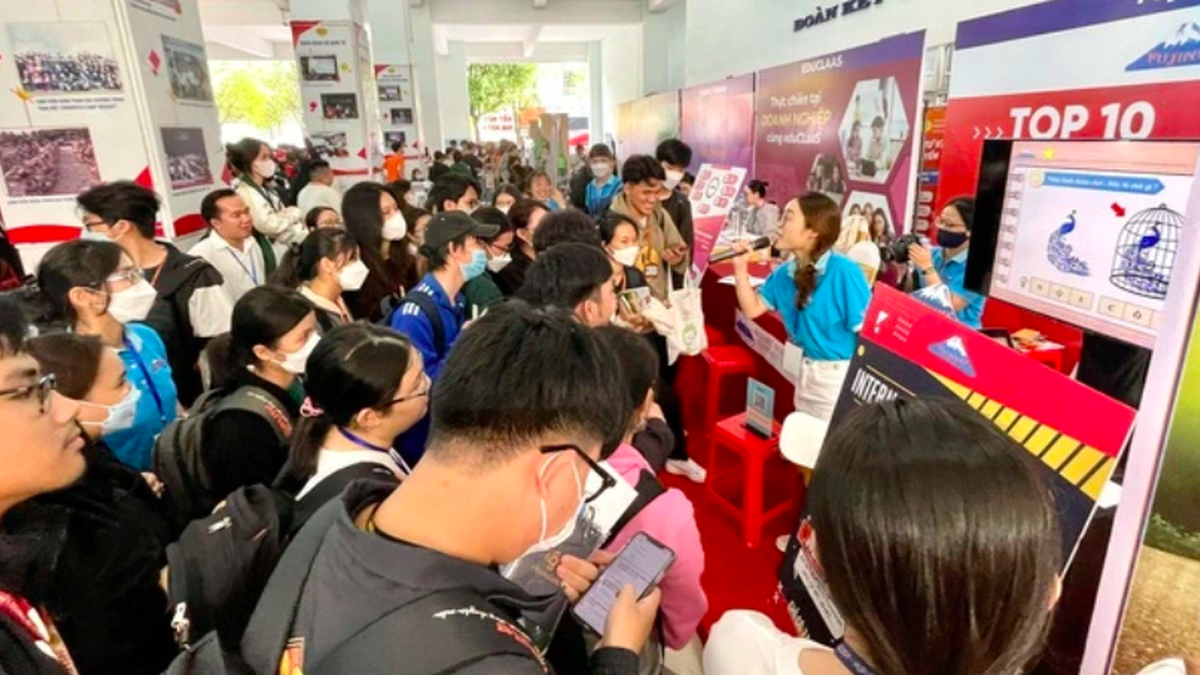
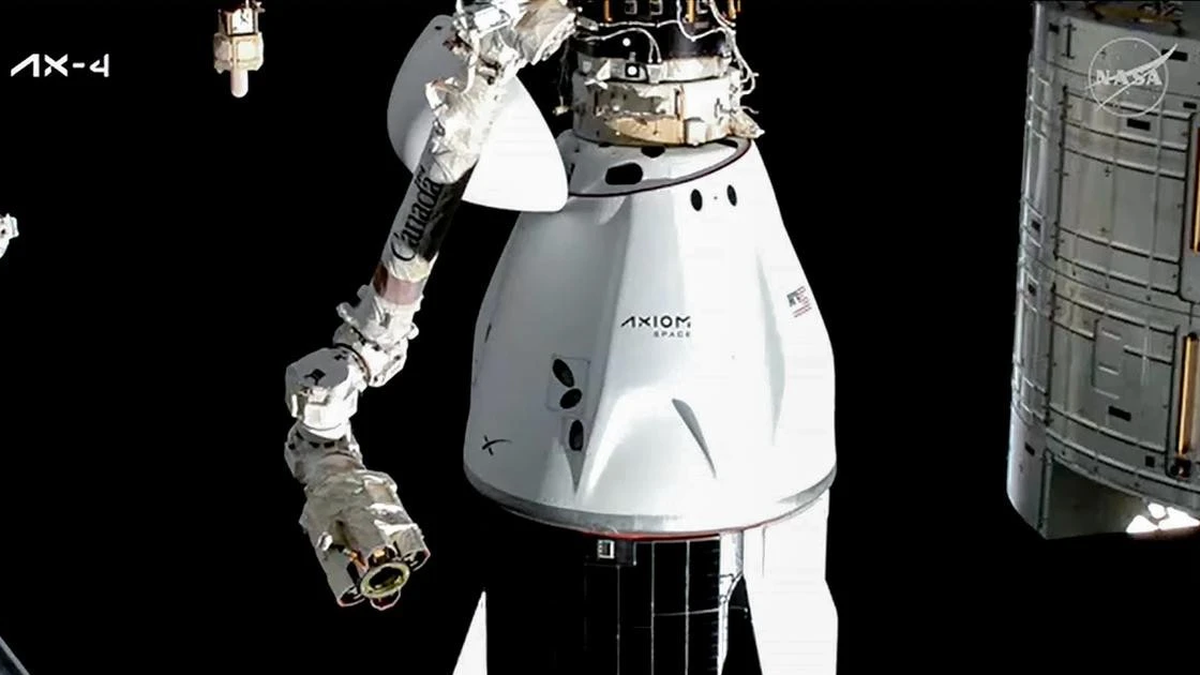
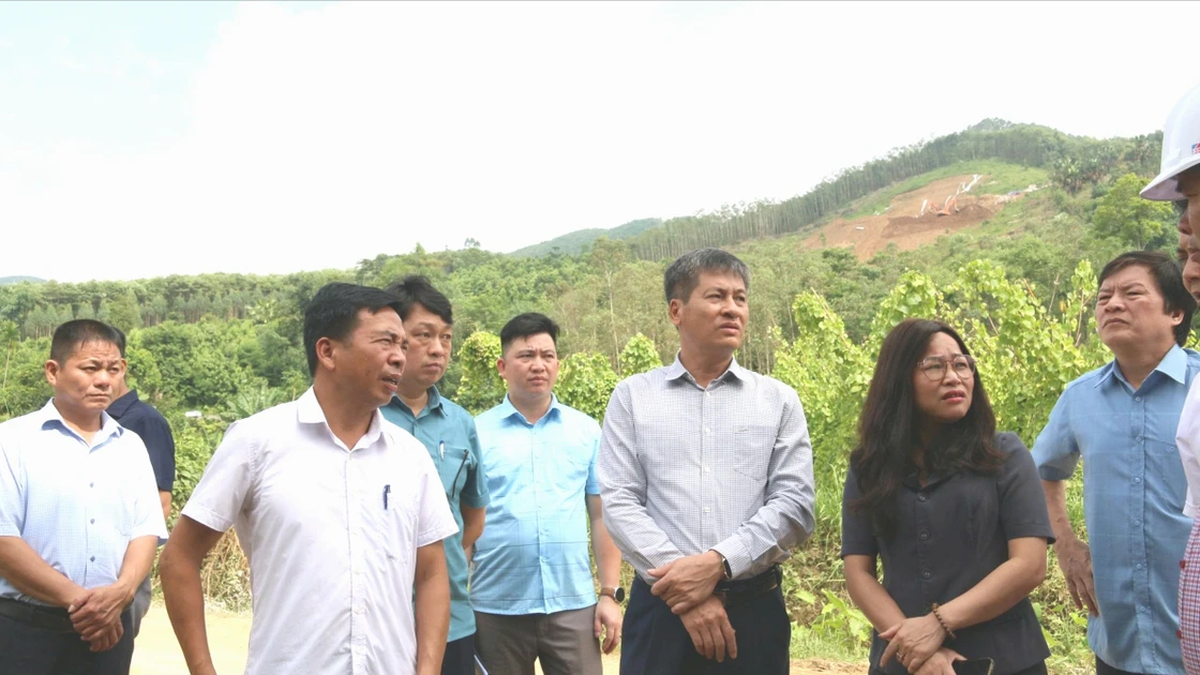
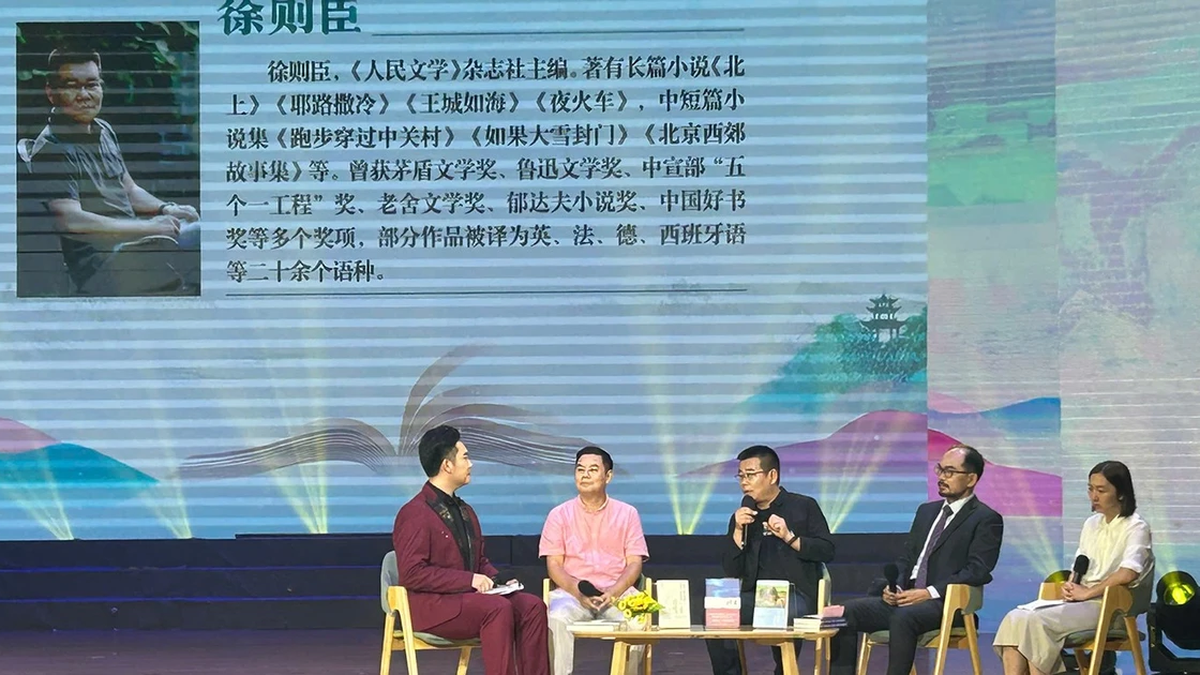
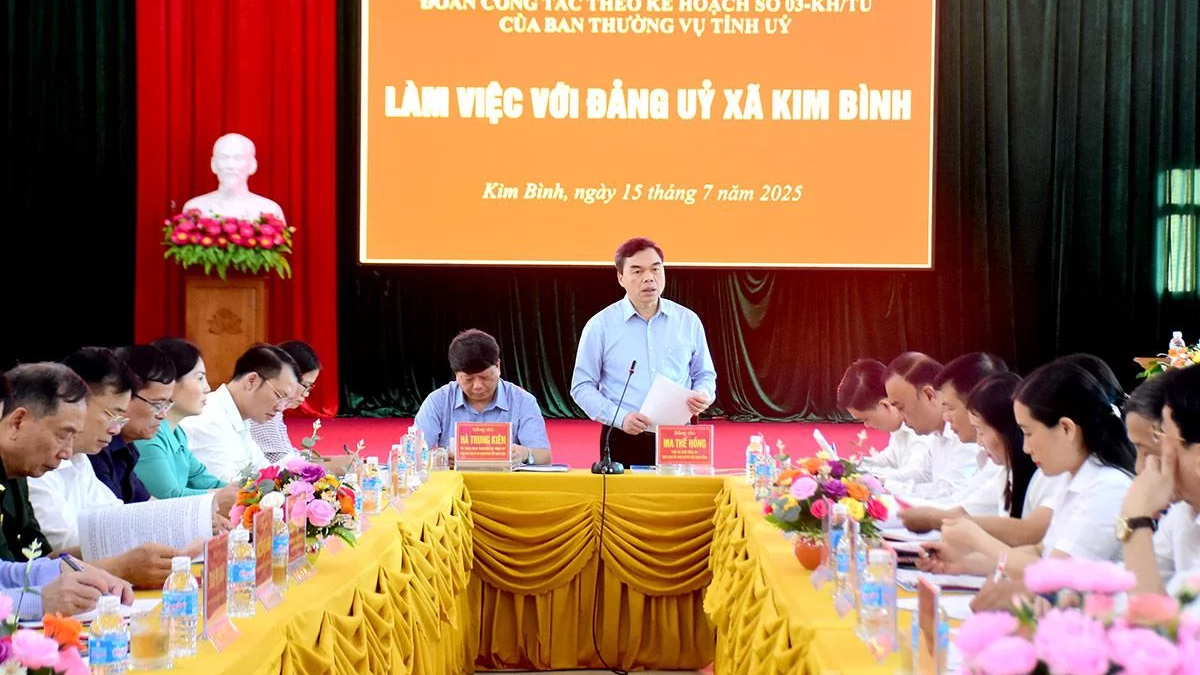

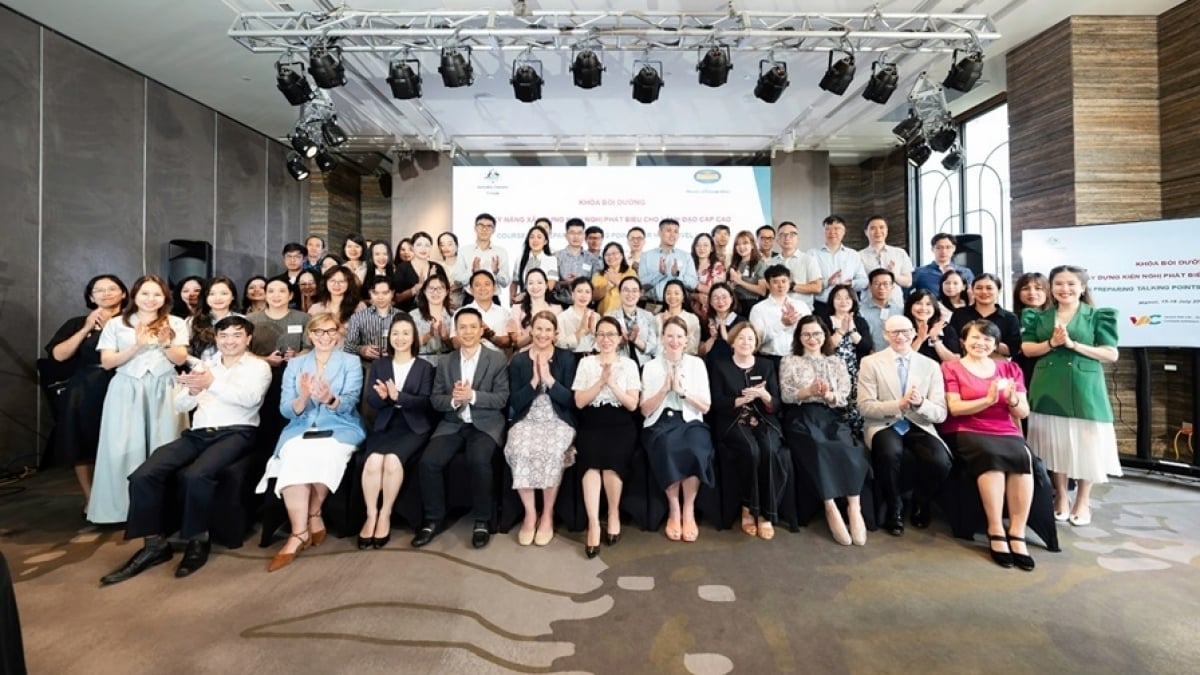






































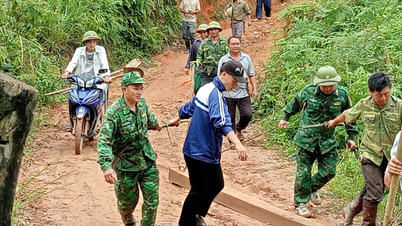
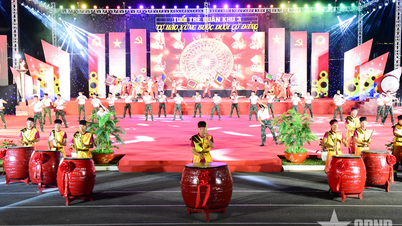




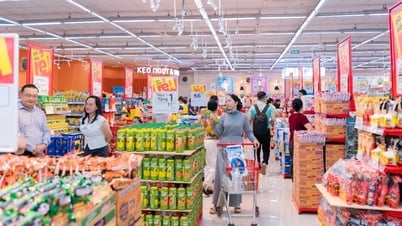
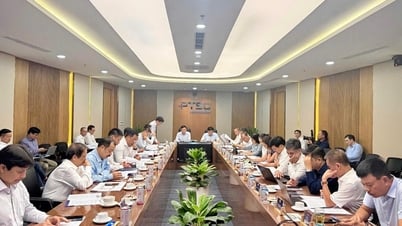

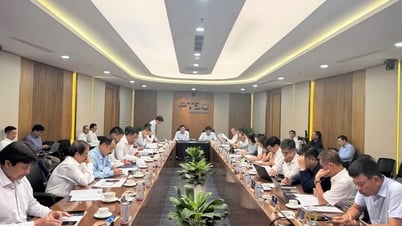



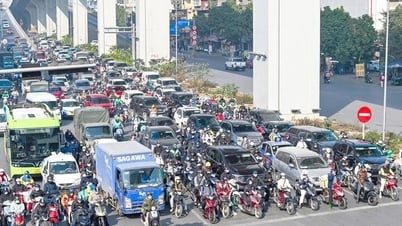






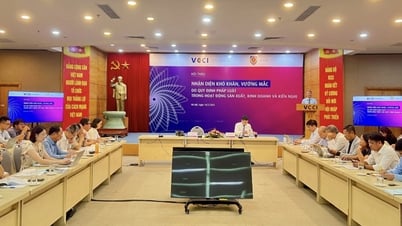





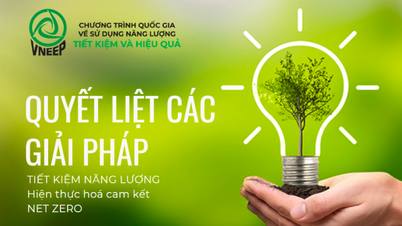

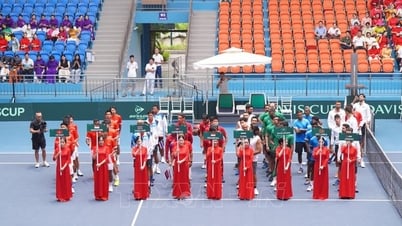














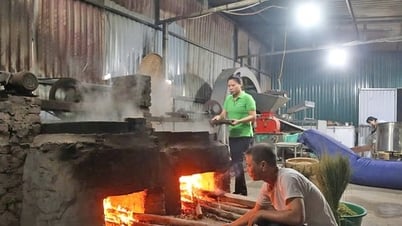






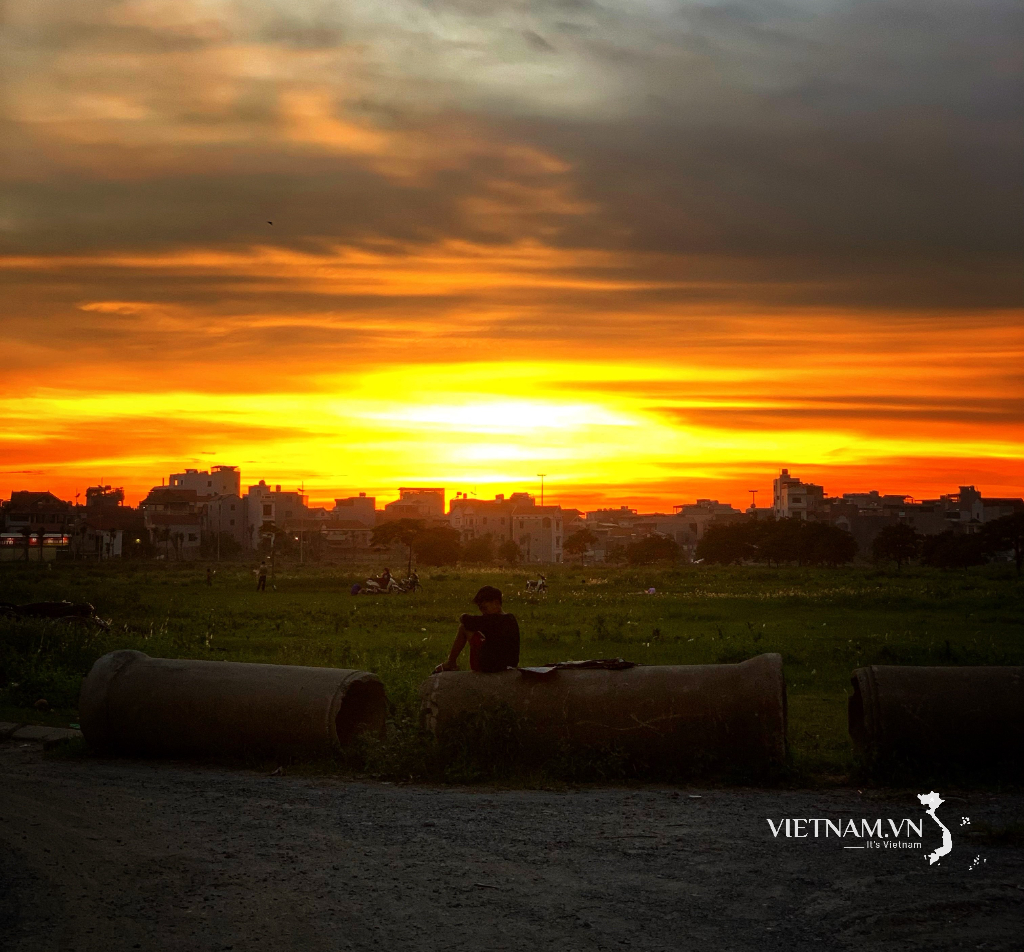

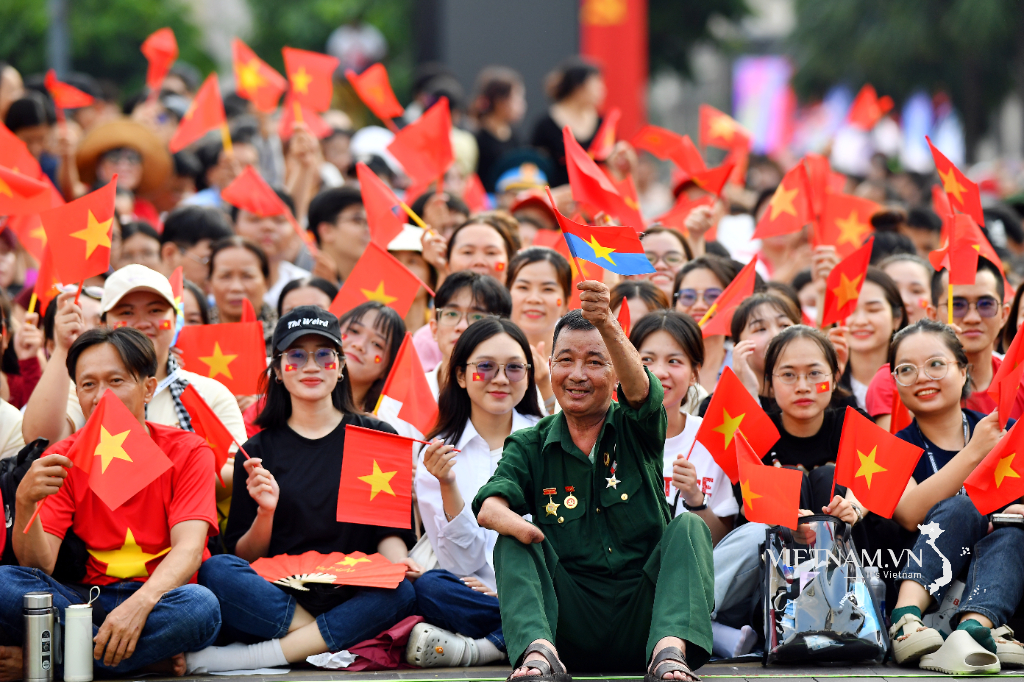

Comment (0)